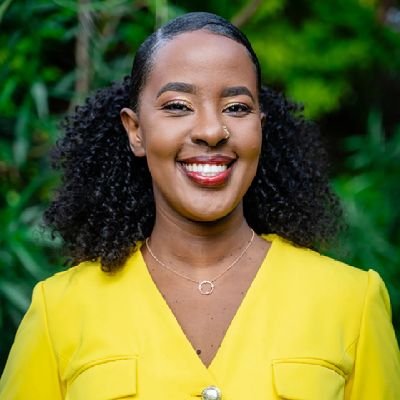Africa accounts for the smallest share of global greenhouse gas emissions, at just 3.8 per cent in comparison to other continents, Africa Union Commissioner in charge of Agriculture, Blue Economy and Sustainable Environment Josefa Leonel Correia Sacko has said.
Speaking at the ongoing Africa Climate Summit in Nairobi Sacko said that although Africa accounts for the small percentage, the continent is the most vulnerable to climate change hazards.
She said that while Africa only accounts for less than four per cent, China ranks the highest with 23 per cent, 19 per cent for the US and 13 per cent for the European Union.
“Africa needs to negotiate not from a victim perspective, but from a solutions perspective. We need to work together as a continent. We have all the resources needed to mitigate climate change challenges,” she said.
And to mitigate the effects of Climate change, in the whole world, One Campaign is now urging all leaders to use pivotal moments to unite around a shared pan-African agenda – one that brings justice and prosperity.
The Africa Climate Summit themed “Driving Green Growth and Climate Finance Solutions for Africa and the World” will also provide African leaders the platform to challenge narratives and perceptions of Africa being the constant docile recipient and showcase the continent’s strength and aptitude to take a leading role in the fight against climate change and nature loss.
“African nations are among the most vulnerable to climate change effects and have significant natural assets that could provide global climate solutions. This moment calls for active participants in the pursuit of solutions,” she said.
Statistics show that the continent receives a disproportionately small amount of global climate finance compared to other regions.
The estimated annual cost of Africa’s climate adaptation by 2050 is Ksh7.2 trillion (US$50 billion) going by the current exchange rate and the region has the world’s highest potential for renewable energy.
“The continent currently receives Ksh2.8trillion (US$19.5 billion) per year in total climate finance and only three per cent of global investment in clean energy. We are calling on all leaders to use the Summit as a tool to elevate the following policy changes to start the journey in building a more balanced trade and more resilient African economy,” Sacko said.
For World Bank shareholders and donor governments to commit to tripling grants and loans from the IBRD and IDA, which could deliver an additional Ksh17.4 trillion ($1.2 trillion) in finance by 2030.
Sacko charged that donor governments to deliver on their commitment to double adaptation finance and commit to a framework for the Global Goal on Adaptation that is needs-based and includes targets and/or indicators.
Unblock the barriers so Special Drawing Rights can be recycled through multilateral development banks and the African Development Bank in particular.
The ONE Campaign Africa Director Serah Makka, said the key to unlocking the untapped potential of the African continent is not handouts or second-hand solutions from rich nations, but removing the barriers standing in their way.
“African countries possess the tools, talent and renewable resources to fuel their own growth and be at the vanguard of efforts to tackle climate change, poverty and inequality everywhere. But they are being blocked by a broken global financial system that denies them access to the affordable finance needed to unleash this potential,” Makka said.
She went on: “No country must choose between improving the lives of their people and protecting the planet. If the rest of the world truly gets behind Africa they can help unleash a green economic revolution that will drive growth and prosperity across the continent and help the whole world to rise to the biggest shared challenges we face.”
She further proposed that development partners need to also honour their promise made in the Paris Agreement of investing Ksh14.5 trillion ($100 billion) in mitigating Africa’s climate challenges.









